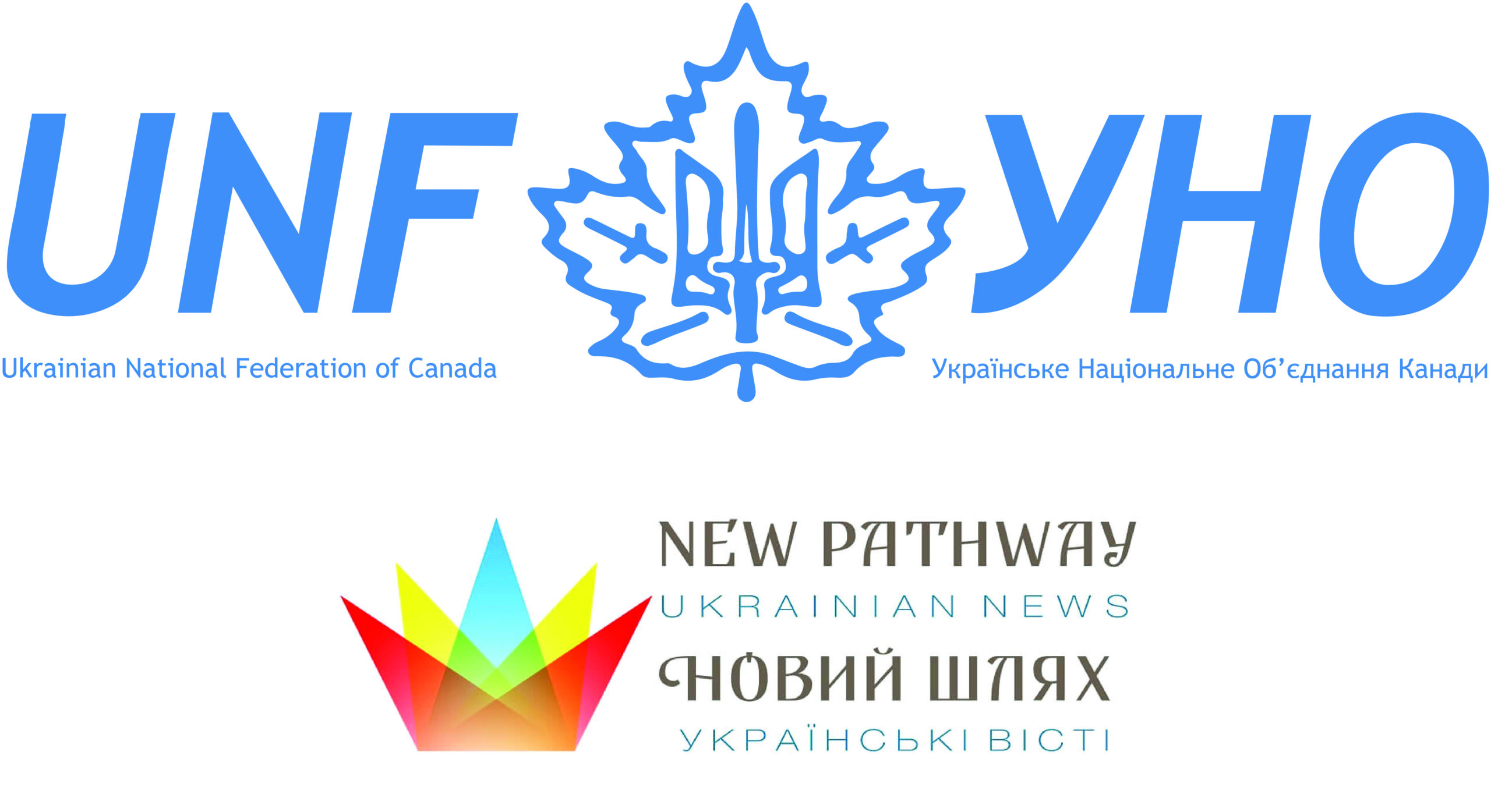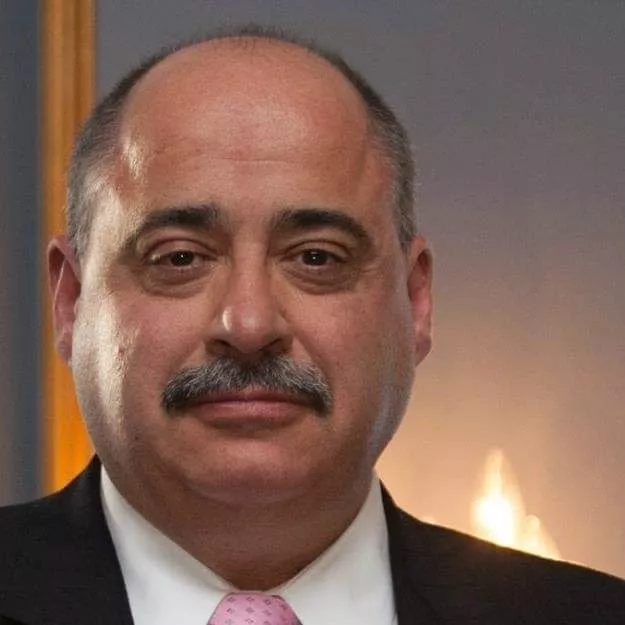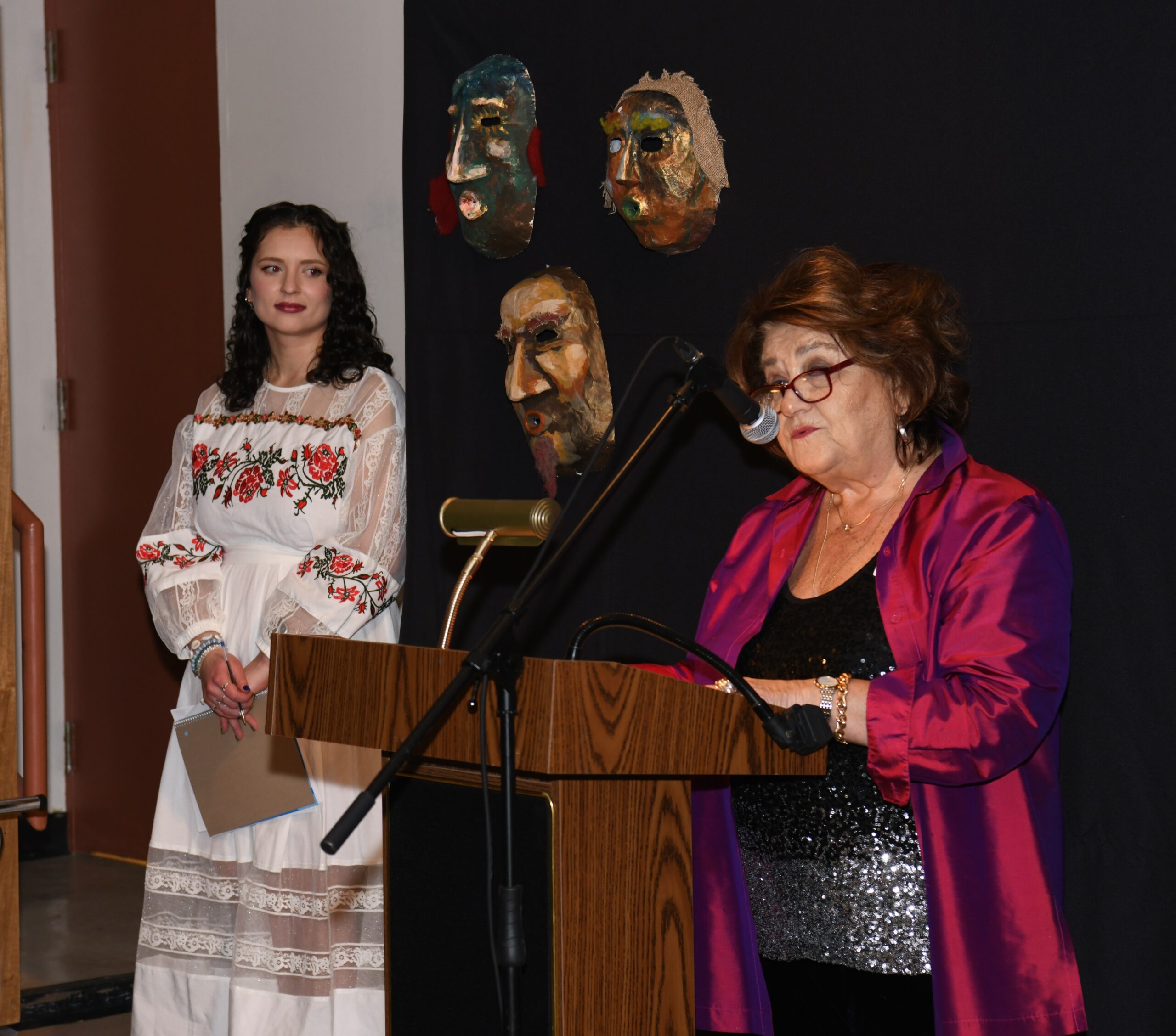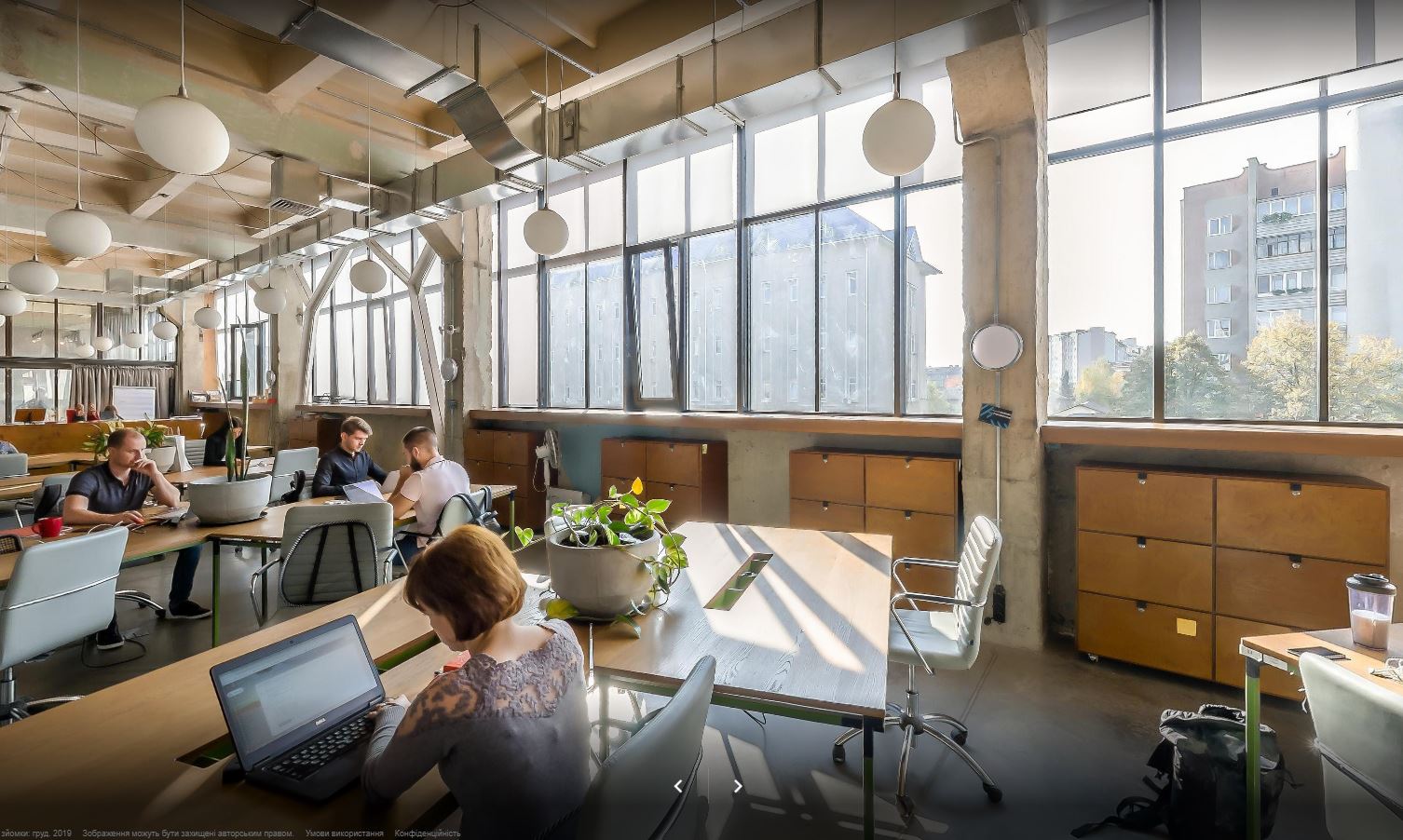
On Friday July 18, Larysa Zariczniak of the New Pathway had the pleasure to interview the Professor Mykhailo Wynnyckyj from the leading Ukrainian university Kyiv-Mohyla Academy. Many of us here in Canada know him through his blog posts which he began during the Maidan Revolution. He came back to his homeland for a summer vacation and was in attendance at the Petro Jacyk Education Foundation’s “Changing Tides” fundraiser.
LZ: Has there been a culture shock for you coming back to Canada?
MW: …Kyiv is very much home for me now, but I am coming back to my home land…It is a bit of a culture shock. Even if you’re 700 km away from Donbas, it's only 700 km away rather than 7,000 km. And in Kyiv everyone is living this.
Here in Canada, outside of the Ukrainian community, maybe until yesterday perhaps…most Canadians, when you would walk up and say ‘I’m living in Kyiv' or ‘I’m from Kyiv', they would say: ‘oh, yeah, right, it’s that part of the world that’s problematic’. It’s a very distant kind of conflict that someone, once in a while, hears on the news.
So that is a culture shock. But I must say, flying in today, waiting in line at security in Montreal, people were talking behind me…about the ‘Ukrainian problem’…this is something that, unfortunately, will put Ukraine back into the limelight.
LZ: How does the media representation of the war in Ukraine differ?
MW: Western media has this thing about trying to find balance [in a story]. And that is always problematic, certainly there are stories and reporters that are much less balanced…but I guess if you were pro-Russian, they would state that the other side was less pro-Russian. But nevertheless, I have been following CNN and they have been, with certain exceptions, pretty good…I think that something that reflects the internal pluralism of western media is a strength…
Ukraine certainly has that – pluralism – it’s much more emotionally charged because its happening in Ukraine but I think that’s the pluralism that Russia is lacking which I think is their weak side.
LZ: Does Ukraine want anything more from Canada?
MW: Ukrainians don’t want anything. They would like and ask for support from any place where they can get it. Ukraine is facing a Goliath and it’s a very small David.
We have to realize that 3 months ago there was no Ukrainian army. Whatever was there was ragtag and poorly trained and disloyal and corrupt and a lot of other negative adjectives. So in three months, we’ve done a phenomenal job.
The reality is that Ukrainians would like to see a lot more support from Western countries. Not Canada specifically, Canada has been at the forefront. The fact that Stephen Harper was the only G7 leader at Poroshenko’s inauguration received a lot of press and there’s rumors that Canada is gifting six SF18’s to Ukraine has been in the news – which is clearly not happening. But I think Canada has been a friend of Ukraine and that is recognized and felt. Ukraine at this moment in the world has two strongest friends: Canada and Poland. It’s funny, it’s the two countries that recognized Ukraine back in 1991…
So it’s not a question of what more do we want but a question of moral support, whatever can be done in terms of lobbying in further aid and support for powerful allies of Canada (NATO allies, G7 and specifically the USA)…As Minister Baird put it, if the United States takes the lead [in military aid], it will happen, if not, it’s not going to happen…but I think the United States will now become actively involved.
LZ: How do you see the social change brought about by the Maidan Revolution?
MW: I’m too close to say…I would see that change as an organic process…Kyiv has lived through a massive transformation… a revolution in people’s minds. Unfortunately it came at a high price…But it’s an organic thing. This is one of those cases that we in sociology call critical distance. I don’t have enough distance from it.
LZ: Well, I’m trying to promote as much tourism to Ukraine as I can at this moment.
MW: Please do. First of all, Ukraine could use the tourist money! But on a serious note, Ukraine has changed and Ukrainians have changed. And I think that’s something of an opportunity for the Diaspora to become even more united and we really need to capitalize on that opportunity because it may go away in six months.
LZ: Can we get an update on the education reforms that you’ve been helping with in Ukraine.
MW: On 1 July 2014, the Verkhovna Rada of Ukraine adopted Bill 1187-2, enacting a new law called “On Higher Education”. This legislation was written by higher education professionals and students. The law introduces changes to the system of higher education (to the form and substance of university degrees), to the way quality is assured (to the role of the Ministry and other government agencies), and to the manner in which universities are managed. Universities would be given more freedom to manage their own finances, more independence with respect to designing and implementing unique academic programs, greater ability to decide whom to hire and how much to pay university lecturers for their teaching and/or research.
This would mean that the quality of higher education in Ukraine would improve. The entire system would be changed but most importantly the PhD program would now require not only a dissertation based on original research, but also the completion of a didactic component consisting of numerous credits and a thesis defense that will be conducted by an academic committee. Inevitably, the legislated changes will lead (I hope), to universities paying greater attention to the quality of work produced by their graduates. We are hoping that this will lead to a more creative and vibrant academic community in Ukraine.
For anyone interested in meeting and discussing the situation in Ukraine with Dr. Mychailo Wynnyckyj, the Ukrainian Association of Journalists of North America will hold a public roundtable discussion on Monday July 28, 2014 at the UNF Hall at 145 Evans Ave., Toronto, ON at 7:00pm. The keynote speaker will be Dr. Mykhailo Wynnyckyj and commentators will include Volodymyr Kish and Dr. Oleh Romanyshyn. The main topic of discussion will be centered around the role of media in Ukraine. Entrance is $10.00 per person.
Share on Social Media



































